2018-08-30T07:01:15
(BPT) – Let’s say an emergency situation strikes. The sirens are blasting and officials are giving instructions. But you and your partner are at work, the kids are at school, and the dog is at home. Do you know what to do?
This question isn’t fun to answer. But being proactive and having the conversation with your family about emergency preparedness can help keep them safe and comfortable when the unexpected arises. Get a head start on helping your family prepare with these five important questions.
1. How would you find each other?

Some emergencies come with several hours of advance warning, but many do not. That’s why it’s worth having a game plan, so you can ensure everyone in the house is accounted for and safe. Good topics to cover include: shelter plans, evacuation routes for work days, and how you’ll stay in touch with family members in the event of a separation. Then, make a plan to keep your family safe.
2. Can you access cash?
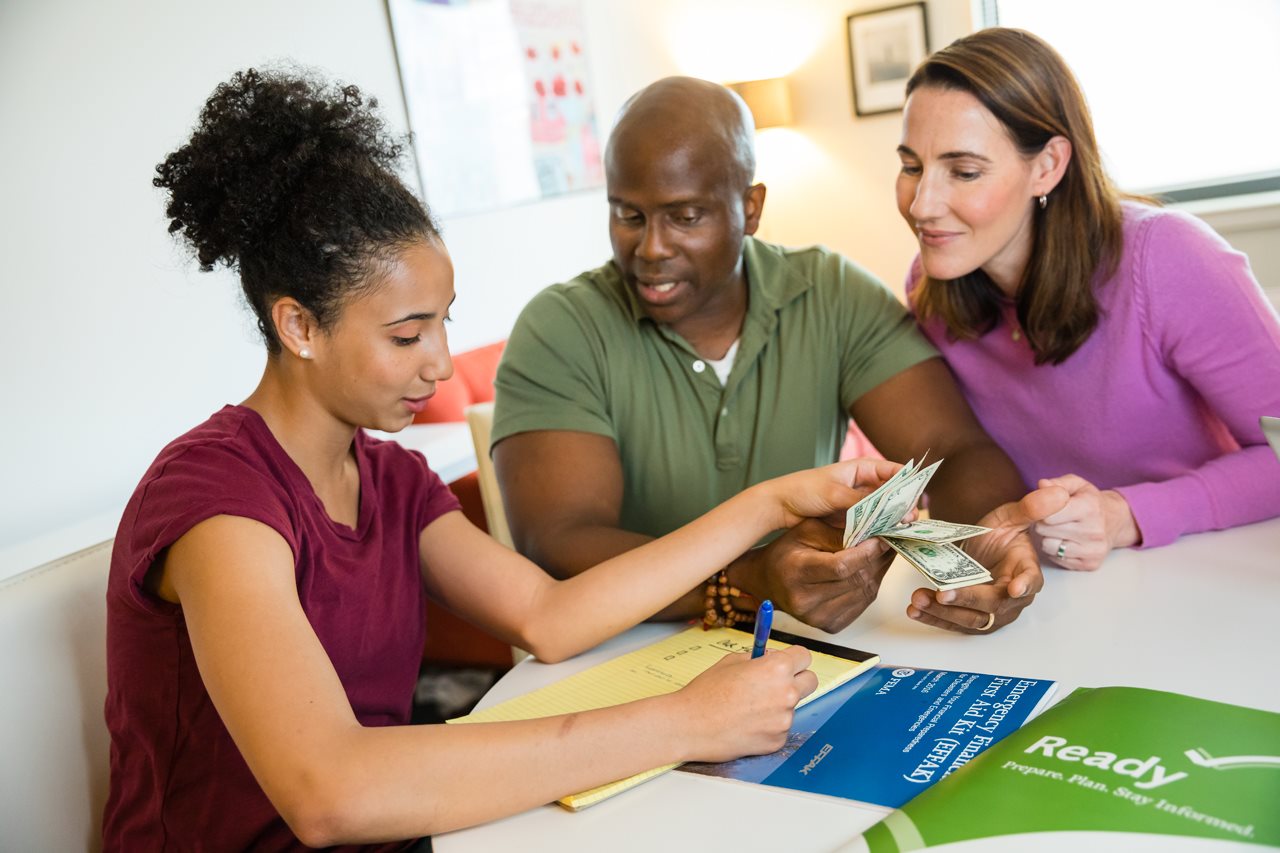
A major event like a blizzard or hurricane can cause widespread power outages, lasting anywhere from a few hours to several days. When this happens, ATMs and stores may be unable to process your credit cards and debit cards, making it very difficult to buy fuel, food and supplies for your family. That’s why it’s smart to store cash, in small bills, at home in a safe place.
3. How will you prepare your pets?
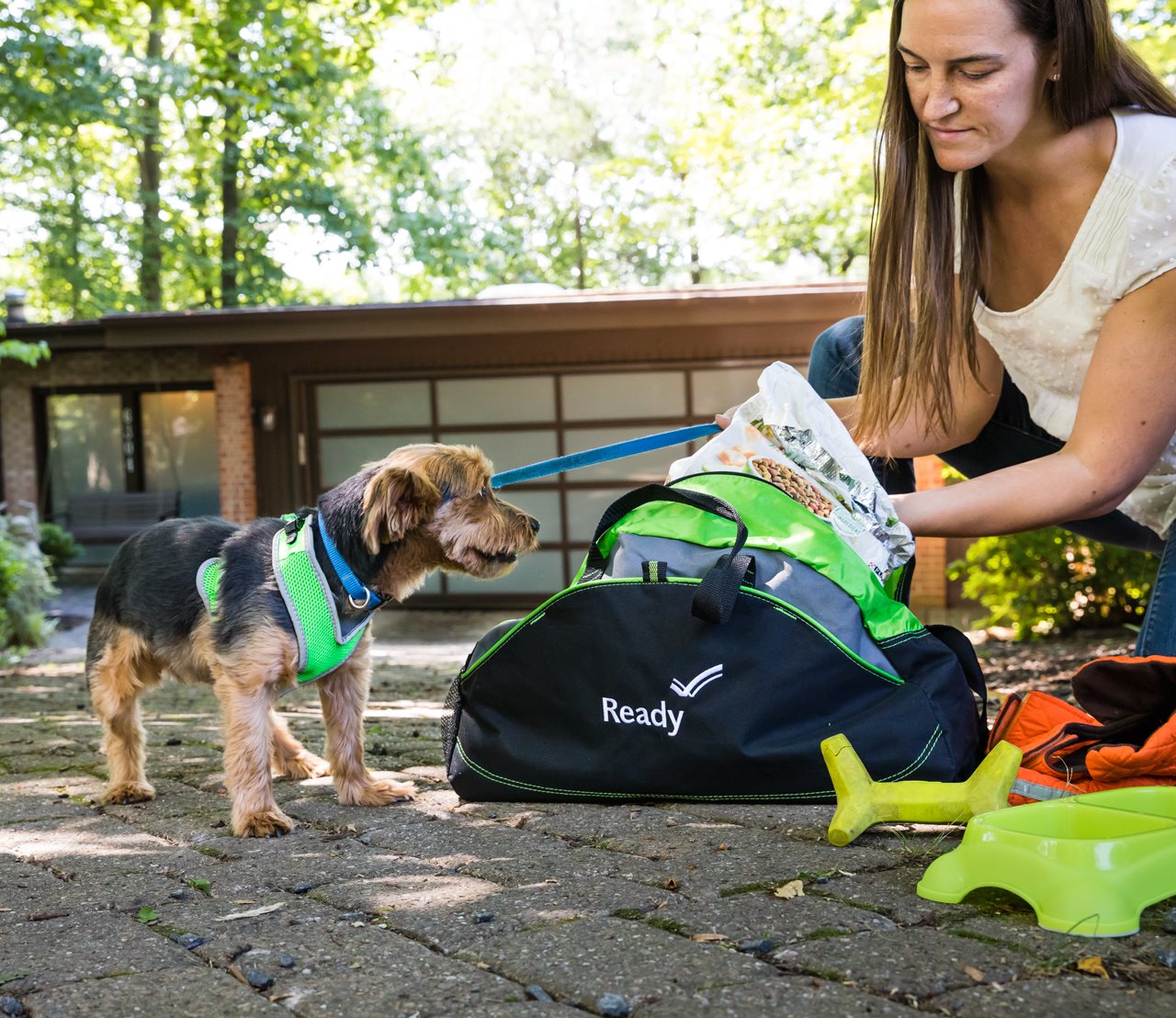
Pets are like members of the family, so think ahead on how you can meet their needs during and after an emergency situation. Write and post a packing list for your animal companion, and keep the supplies within easy reach so it will take little time to hit the road. Suggestions for the list include: food, medications, vaccination records, fresh water, identification tags, leash, pet crates and sanitation supplies. Of course, a stash of their favorite treats can bring them comfort in a stressful situation! To find additional tips and resources on how to keep your pets safe and happy during an emergency situation, visit FEMA’s website.
4. Where are your birth certificate and passport?
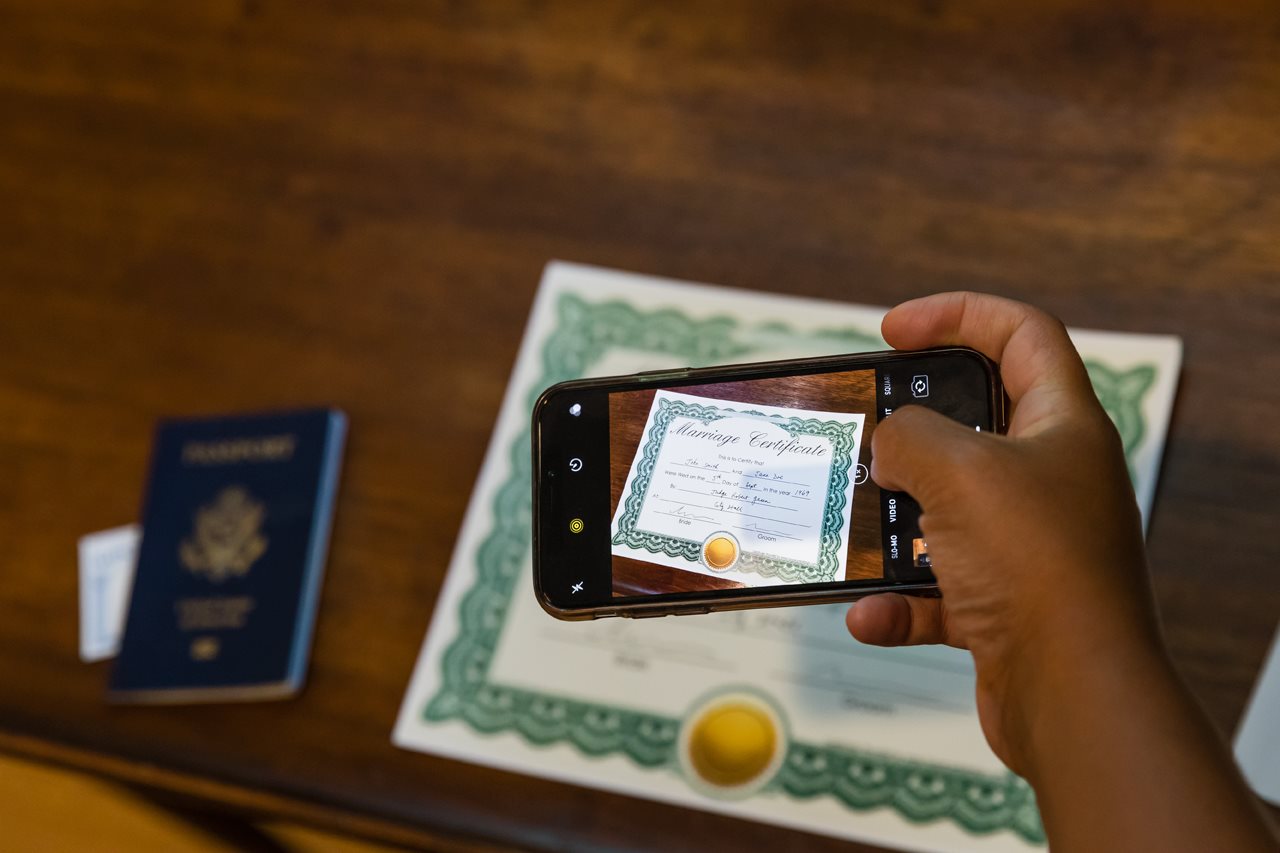
Of course, keeping your wallet and ID with you is central to any emergency plan. But when disaster strikes, having access to important documents — insurance policies, the house deed, vehicle titles, birth certificates and medical information — can save a lot of time and trouble in the recovery process. Take proactive steps now to keep your documents accessible. Store documents in a fire- and water-proof lock box that you can easily grab and take with you. You can also scan these into a digital lock box you can access on your mobile device with a secure passcode. Learn more helpful steps to get tech ready for any emergency.
5. Is your house ready for high winds?
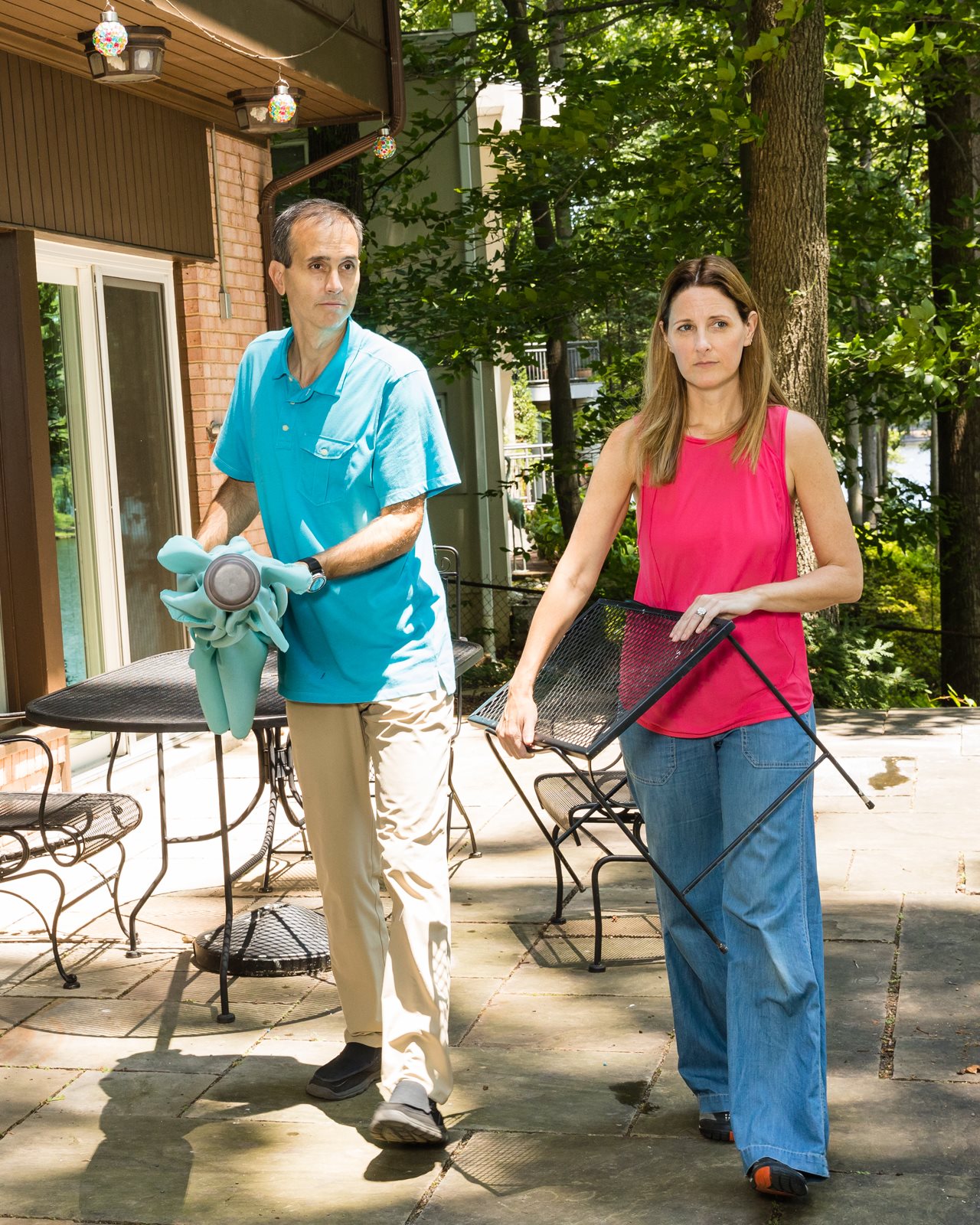
When severe weather is forecast, we don’t always think to take a few extra steps to protect the exterior of our home. High winds can turn bird feeders and patio chairs into projectiles, while portable planters and other heavy objects can shift around in floodwaters. These can ultimately injure people and worsen the damage to your house and vehicle. If time permits, put away or anchor loose items in your yard. Thinking about severe weather and hurricane readiness ahead of time makes it easier to react and respond.
Make a plan and get ready
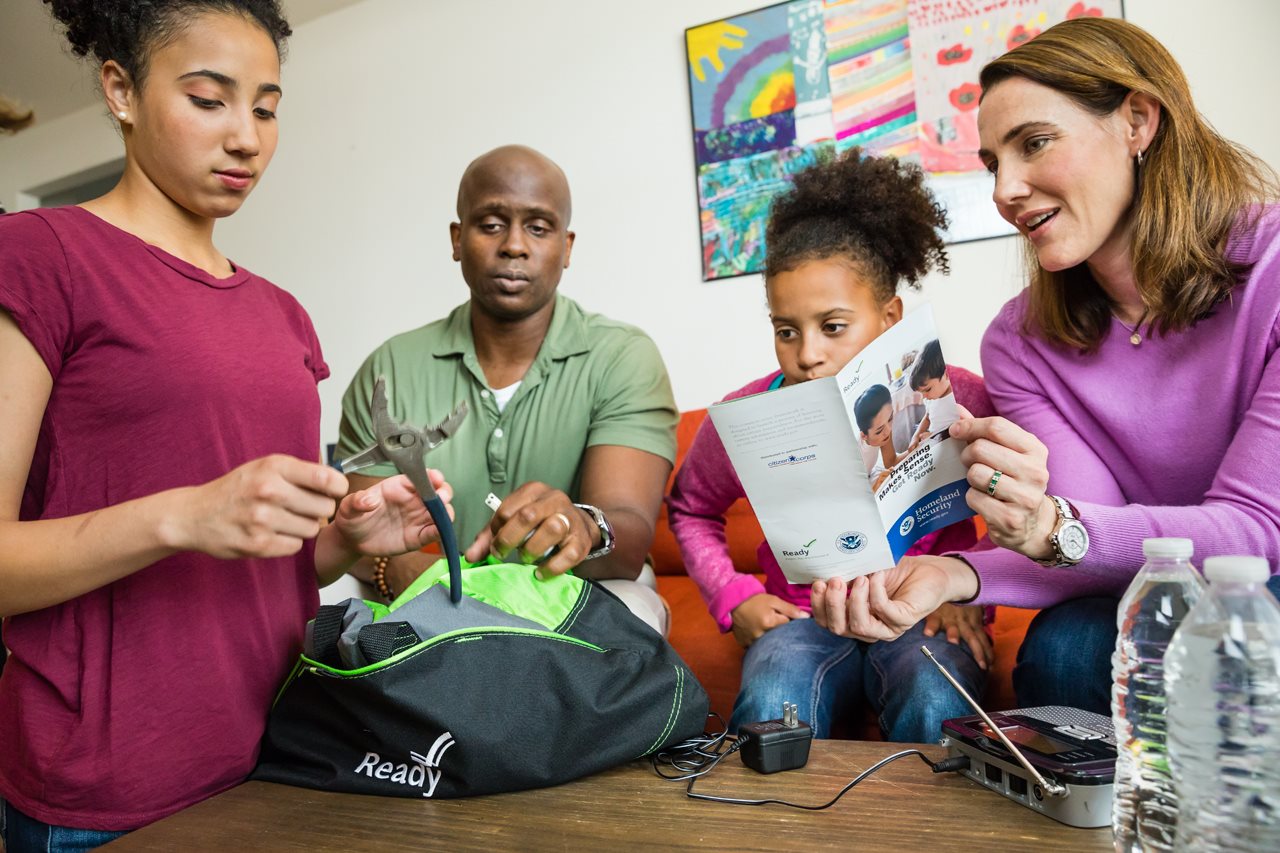
Being prepared for a disaster is important, not only for your family’s safety but for their comfort and peace of mind. Use these questions to start the conversation, make sure to have adequate insurance coverage and review your policy regularly, and get lots of tools and information from FEMA at Ready.gov.

